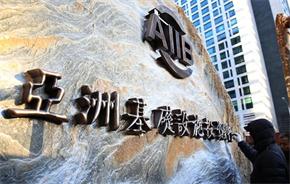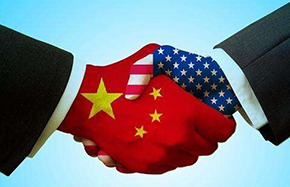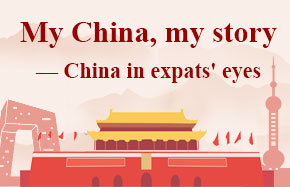The disunited colors of prejudice
[2009-07-31 07:54]On the face of it, it is hard to imagine that a top African-American scholar in the US would fall victim to racial prejudice when the leader of the free world is also black.
Home set for rightful return of treasures
[2009-07-17 07:51]I fulfilled a long-cherished desire three weeks ago, when I arrived at the Mogao Grottoes near Dunhuang in Gansu province.
Ways of getting used to the heat
[2009-06-08 07:43]I have lived in the tropics almost all my life, in a place where the warm weather draws visitors from colder regions across the world.
Biting off more than one can chew
[2009-06-01 07:48]For many people young and old, few things are as adorable as a doe-eyed puppy peeking through the display window of a pet store.
Check this out please
[2009-05-25 07:45]Individuals caught lighting up in Beijing's smoke-free zones will be fined 200 yuan each, up 20 times from a previous penalty.
Flogging domestic tourism
[2009-05-18 07:43]It was a happy hunting ground for emperors of the Qing Dynasty (1644-1911), more than 20 sq km of rolling meadows on the outskirts of Beijing, with the highlands of Haituo Peak stretching across the horizon.
Harmony on the streets where we live
[2009-05-12 07:52]Fruit and vegetables fresh off the farms, pet fish shimmering in glass bowls and knockoff novels that make up the latest bestseller lists - these are some of the wide range of goods that can be found on the carts of peddlers just outside my apartment.
Beyond the death and destruction
[2009-05-05 07:42]In the few years I have been in journalism, I am constantly being reminded that death and destruction never fail to grab the headlines.
The good, the bad and the ugly
[2009-04-10 07:43]Prostitutes, stock punters, mistresses of big businessmen and migrant workers - "images of modern China" decked out in panda-themed outfits for the world to see.
Eighteen Palms of power to kick a dragon's butt
[2009-04-07 07:58]It unleashes enough internal energy to dispel a legion. It bulldozes foes with a frightening force. Those foolish enough to stand in the way risk having their innards mashed.
Pressing on in a time of turbulence
[2009-03-27 07:40]Print is in a precarious situation. Sentinels of the fourth estate across the globe continue to topple as costly newsprint comes up against new media, while struggling business models in the sector are made more unsustainable by falling advertising revenue in a dismal economic climate.









